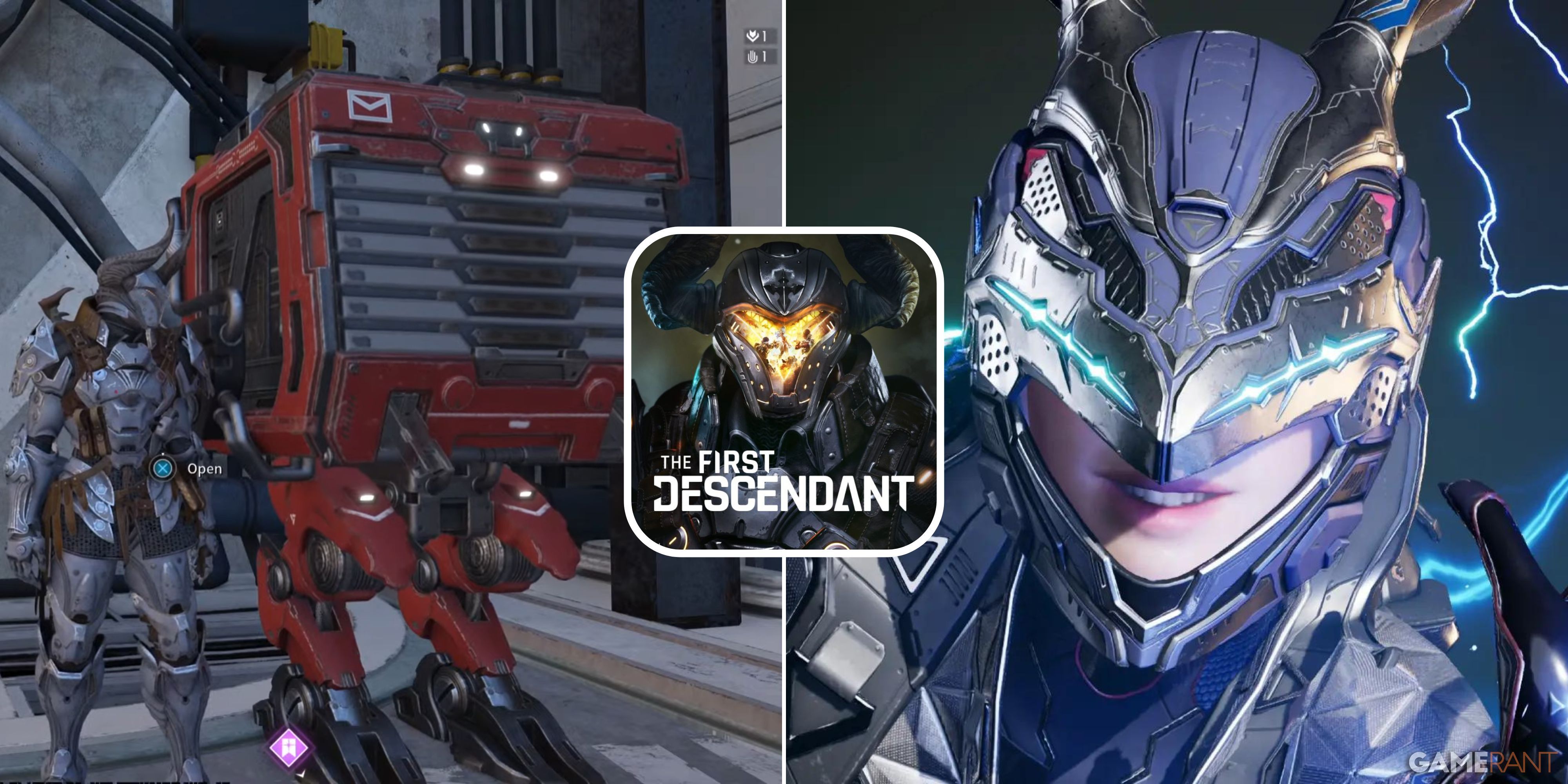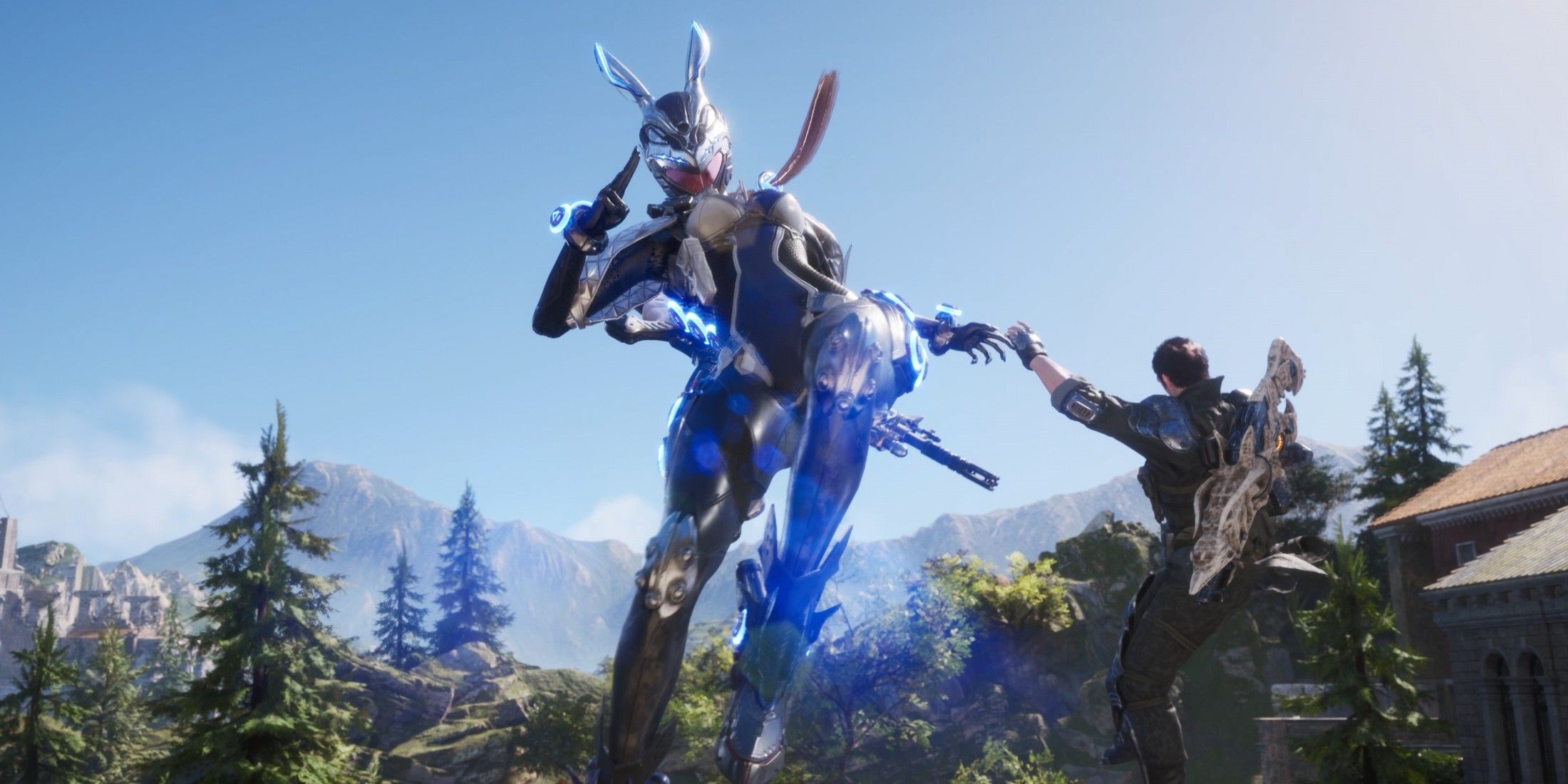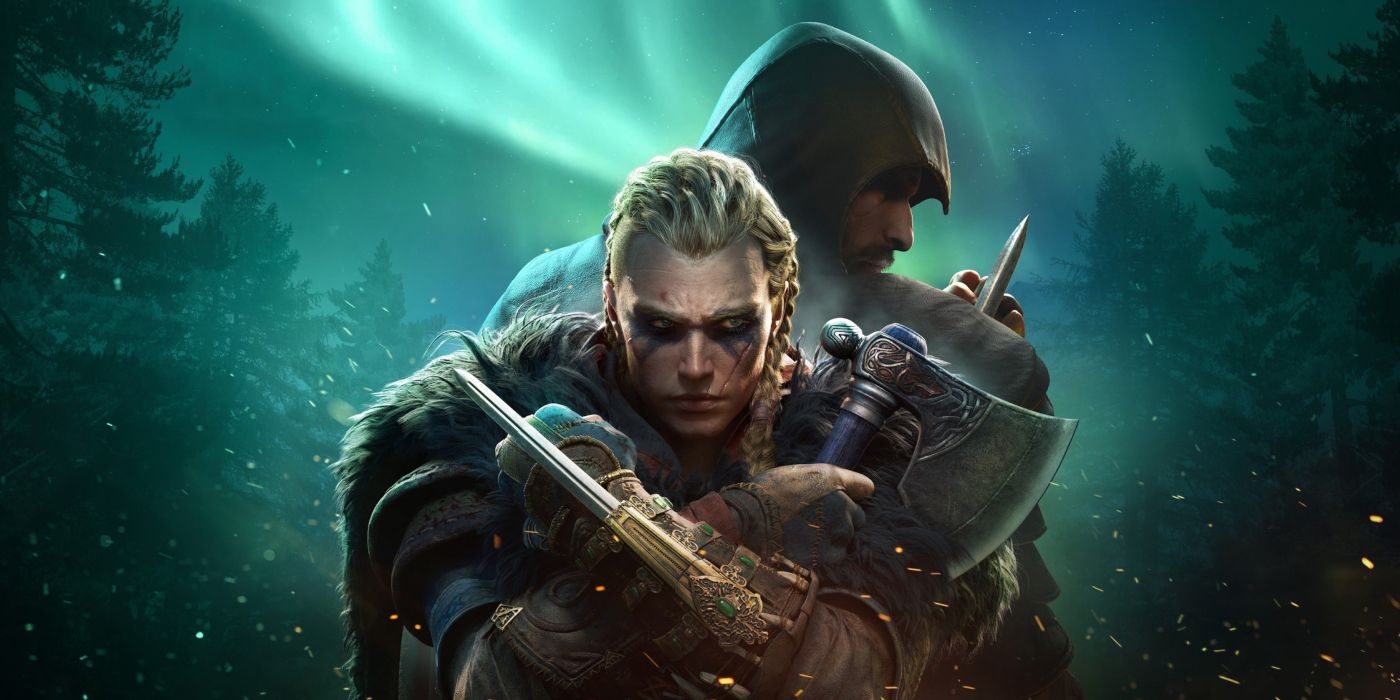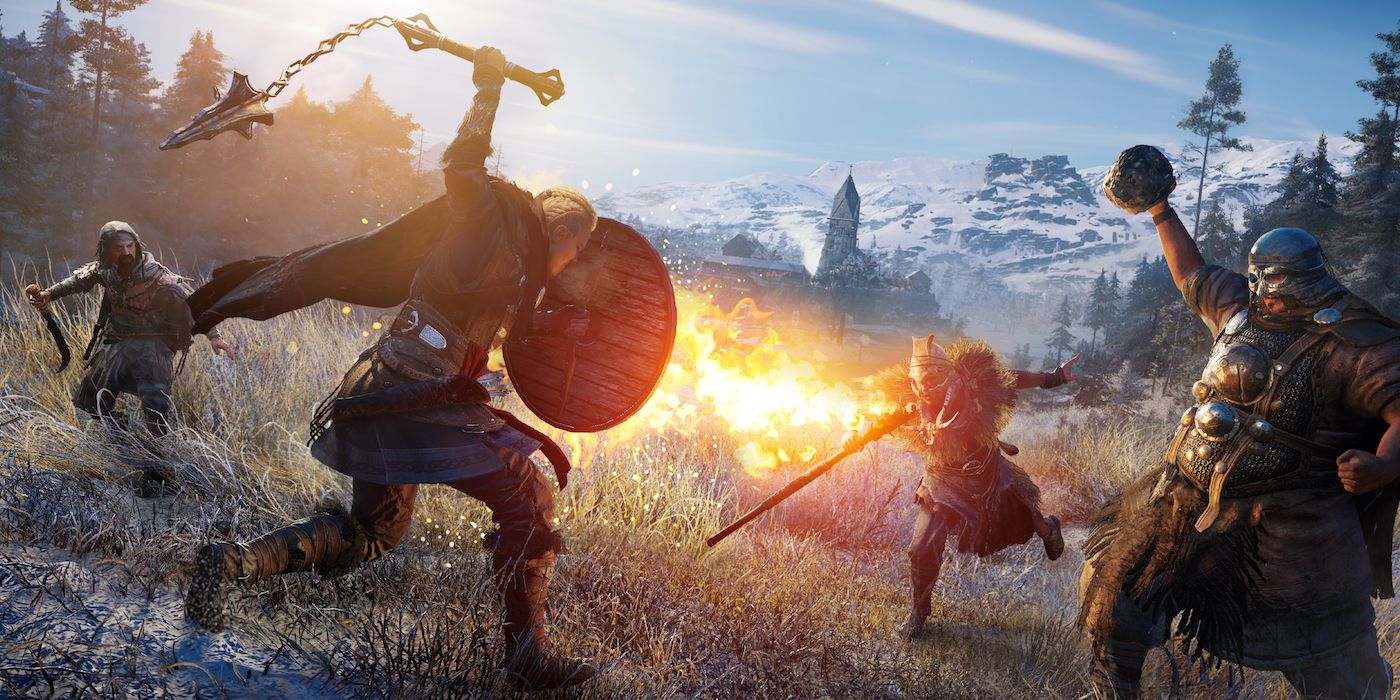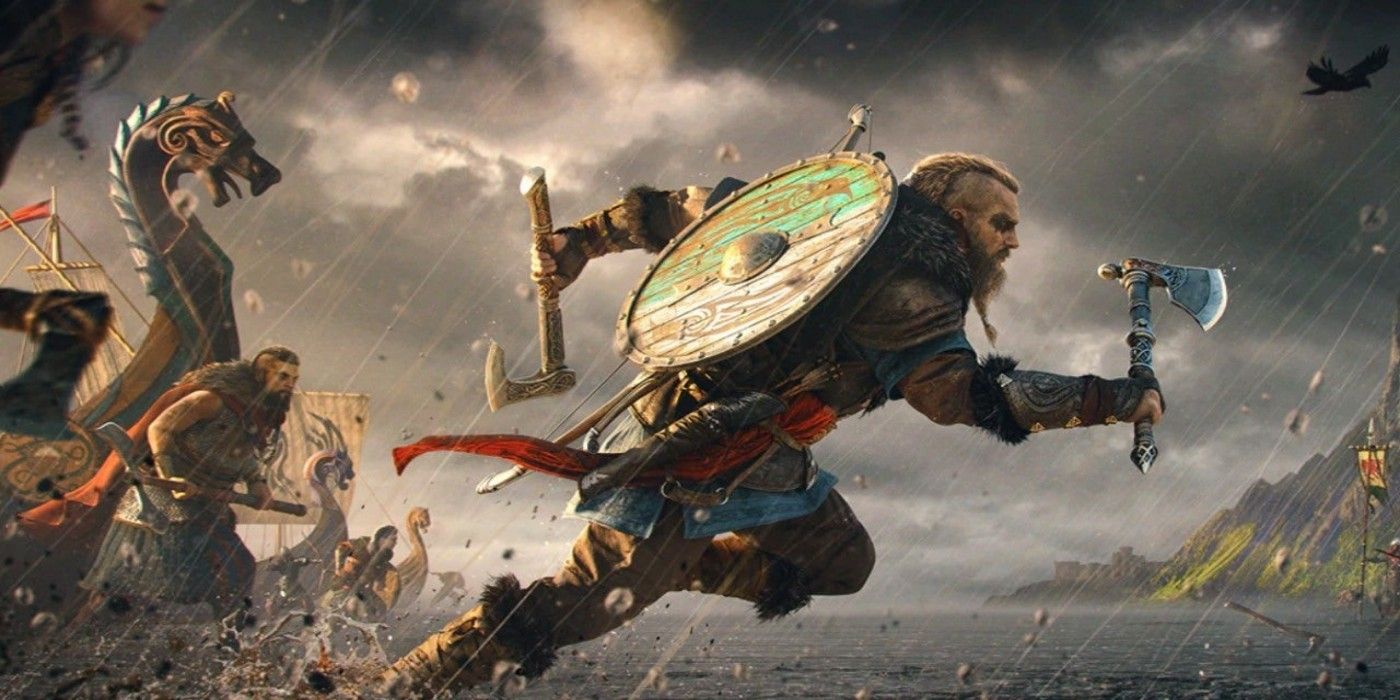Since its inception in 2007, the Assassin's Creed franchise has seen a ton of changes to its storytelling, mechanics, and more. AC Origins took the largest leap by introducing RPG mechanics to the franchise, and AC Odyssey doubled down on those additions. For Assassin's Creed Valhalla, it seems the approach was finding the right balance between the older and newer Assassin's Creed titles—an approach the game absolutely nails.
This approach manifests itself in everything from the Assassin-Templar conflict (or, in this case, the Hidden Ones vs. the Order of the Ancients), the combat, the gameplay mechanics, the exploration, and more. Perhaps the best part of this is how customizable the experience feels. Not only do players get to choose between playing as a male Eivor, playing as a female Eivor, or allowing the animus to decide, but they can also adjust the difficulty for the exploration, combat, and stealth individually. This goes a long way in making Eivor's story the player's story in Assassin's Creed Valhalla.
The delivery of its story, however, is something unique. Instead of the standard quest line, players end up playing sagas or arcs that are seemingly meant to be viewed as a microcosm, yet the overarching narrative manages to pull several smaller stories into something genuinely epic. Including AC Valhalla's modern-day story, the aforementioned Hidden Ones story, the settling of Eivor's clan in England, and more, there's a lot of moving parts that are weaved together masterfully. Some fans may also be glad to know that the modern-day story doesn't feel overbearing, and it doesn't sacrifice anything in delivering a story with a ton of forward movement.
One reason this works so well is Assassin's Creed Valhalla's expert environmental storytelling. Players are meant to immerse themselves into the world, learning about it as Eivor and the Raven Clan does. The settlement and its development play a big role in this, as Eivor conducts raids and gathers wealth to purchase upgrades, and in doing so, expand every element of the game from its combat to its overarching narrative. It goes a long way that England itself is mystifying; despite some similarities found in a few areas, exploring the world via river, running across the countryside on a mount, or entering a new city all push the game's exploration mechanics to the limits in the best possible way.
Building the settlement isn't the only reason players will want to conduct raids, however. Eivor grows in strength while exploring Assassin's Creed Valhalla's world due to both the gear and ability systems being tied to the exploration. In a standard RPG, the idea of having to search the world to gain new ranged and melee combat abilities, as well as the best weapon and gear to complement those abilities, may seem strange. But it's not a basic RPG where loot is at the ready and abilities are unlocked through skill trees. Instead, players have to explore the world to grow stronger, which makes AC Valhalla feel more like an "action-adventure RPG" than just an "action RPG."
To regulate that exploration, each area in Assassin's Creed Valhalla is marked with a power level, and the only real way to increase Eivor's power level is by playing and exploring the world to unlock skill points. It's a satisfying gameplay loop that moves the game away from the grind of Assassin's Creed Odyssey, further refining mechanics found in it and other games. The skill tree in AC Valhalla takes some getting used to, as players need to progress along it before seeing what can be unlocked next, but it can be reset again and again should a player so choose. This means that players can likely maximize their playstyle in terms of improving skills, but at the same time, someone who doesn't want to dive into this character build style of gameplay can pick and choose randomly with practically no consequence.
Furthermore, the character of Eivor may be the most compelling protagonist in the series' latter history. Whether playing as Alexios or Kassandra in Assassin's Creed Odyssey, both characters had a blank-slate protagonist feeling to them. This is because the game had to account for player choice, which while still important, is not as influential on Eivor. The AC Valhalla protagonist clearly has a mind of their own, often reflecting on their own actions and the events going on around them. Assassin's Creed Valhalla manages to make Eivor personable and interesting, all the while wearing their Norse mythology beliefs on their sleeve.
Nearly every aspect of the game flows into another, tying story progression to exploration, exploration to stealth, stealth to the classic feel of mainline Assassin's Creed games, and so on. It's nothing short of ambitious for Assassin's Creed Valhalla, and nine times out of ten, the game nails this. However, that's not to say it's perfect by any means.
One thing that does not grant the classic action-adventure feel in Assassin's Creed Valhalla is the parkour; instead of feeling like AC3's Connor in his element or AC Unity's Arno as a master free runner, it instead reatains the feeling of Assassin's Creed Odyssey. It's not as intuitive as previous games and there are not as many natural free-running areas in the game. Because of this, completing and collecting codexes in Assassin's Creed Valhalla feels forced, and while the argument can be made that it's due to Eivor being more Viking than Assassin, it just doesn't feel as smooth as past games.
Complicating that is a general lack of polish in the game. It's not nearly as bad or glitchy as Assassin's Creed Unity was at launch, but there are frequent moments of enemies and allies clipping through walls, enemies walking through the air, waiting for enemy and ally AIs to complete a task, and more. All of this adds to the feeling that AC Valhalla could have benefited from a little more development time, but as the day one patch seems to have lessened the issues we experienced, this is something that will likely improve as more updates roll in.
Where AC Origins introduced RPG mechanics and AC Odyssey took a leap of faith in pushing forward, Assassin's Creed Valhalla brings back the general feeling of being an Assassin from the core action-adventure titles. Indeed, by emphasizing the adventure and exploration components of the franchise, Assassin's Creed Valhalla may just be the most true-to-form release in many years.
Assassin's Creed Valhalla releases November 10 for PC, PS4, Stadia, Xbox One, and Xbox Series X. A PS5 version launches alongside the console on November 12. Game ZXC was provided an Xbox One code for the purposes of this review.


